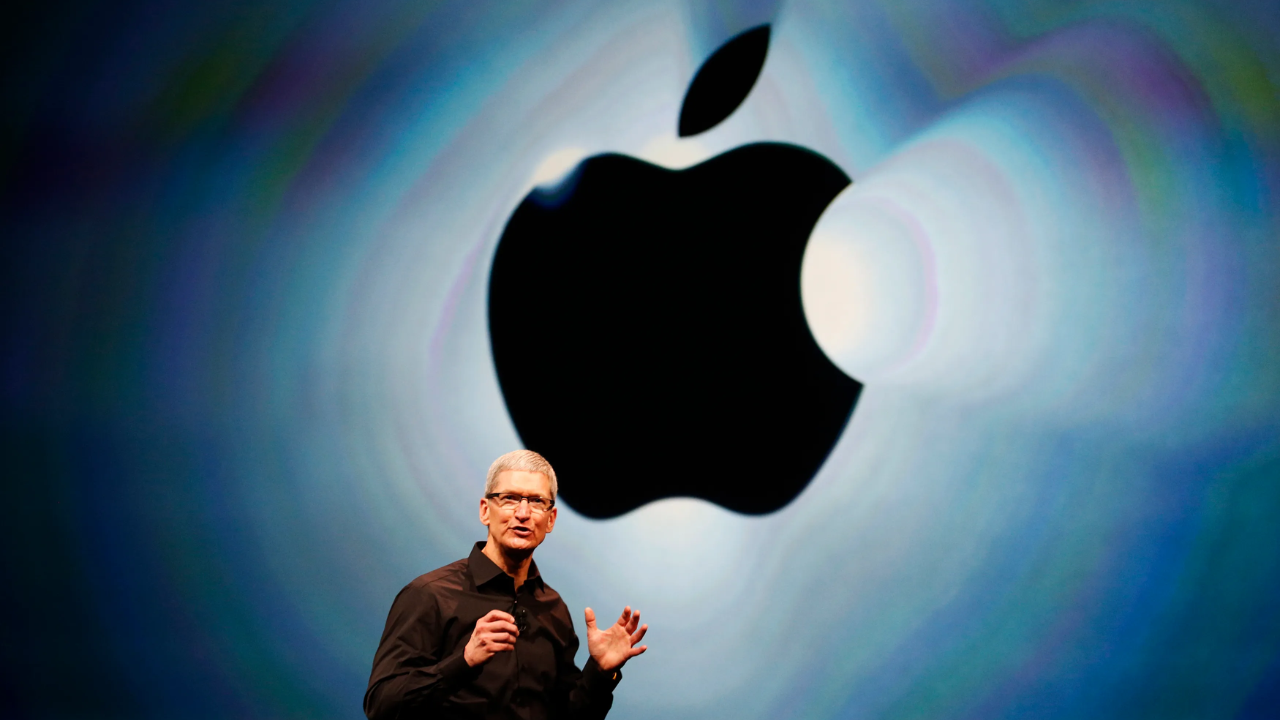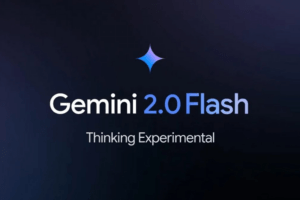The tech world is no stranger to heated rivalries, but Elon Musk’s latest Twitter tirade against Apple has taken the cake for sheer confusion. Musk, known for his outspoken personality, launched a series of tweets accusing Apple of hypocrisy and a “security violation” for supposedly integrating the AI language model ChatGPT into iOS 18. However, a closer look reveals a fundamental misunderstanding on Musk’s part. Here’s why Musk’s claims are demonstrably false, and why they highlight a broader issue of misinformation in the tech industry.
The Spark that Ignited the Firestorm
The controversy began with a seemingly innocuous tweet from Musk. He claimed to have been denied entry to a Tesla service center “because they have switched to Apple products and everything is integrated with ChatGPT.” He then escalated the situation, accusing Apple of “locking people into their ecosystem” and engaging in a “security violation” by integrating a tool known for potential data privacy concerns. The internet, ever eager for drama, quickly picked up the story, with headlines fueling the firestorm.
ChatGPT: A Powerful Tool, But Not Part of iOS 18
At the heart of the misunderstanding lies ChatGPT, a large language model (LLM) developed by OpenAI. ChatGPT is known for its ability to generate realistic and coherent text, making it a valuable tool for tasks like creative writing or code generation. However, there is no evidence of Apple integrating ChatGPT directly into iOS 18. Apple, during its WWDC keynote, showcased a new suite of AI features under the umbrella of “Apple Intelligence.” These features, while impressive, utilize Apple’s proprietary AI models and focus on on-device processing, a stark contrast to the cloud-based nature of ChatGPT.

A Misunderstanding Fueled by Information Silos
So, how did such a blatant misunderstanding occur? Here are a few potential explanations:
- Selective Exposure: Musk, known for his Twitter presence, might have encountered articles or social media posts conflating Apple Intelligence with ChatGPT and simply not sought clarification.
- Echo Chambers: The fast-paced nature of online discourse can create echo chambers, where users primarily encounter information that reinforces their existing beliefs. This could have limited Musk’s exposure to accurate details about iOS 18.
- The Desire for a Narrative: The tech industry thrives on competition and narratives. Perhaps Musk saw an opportunity to portray Apple in a negative light, even if it meant misrepresenting the facts.
The Dangers of Misinformation in the Tech Industry
While this incident might seem like harmless online squabbling, it highlights a serious issue: the spread of misinformation in the tech industry. In a field constantly pushing boundaries and developing complex technologies, accurate information is crucial for informed decision-making by both consumers and businesses.
What Can We Learn from This Misunderstanding?
There are valuable lessons to be gleaned from this episode:
- Fact-Checking Matters: In today’s information age, taking the time to verify information before sharing it is crucial. This applies to both tech giants like Elon Musk and everyday social media users.
- Transparency is Key: Tech companies like Apple need to be transparent about their AI initiatives and how they use user data. This fosters trust and combats misinformation.
- Critical Thinking is Essential: Developing critical thinking skills is vital in a world saturated with information. Don’t be afraid to question what you read and seek out reliable sources before jumping to conclusions.
















Add Comment